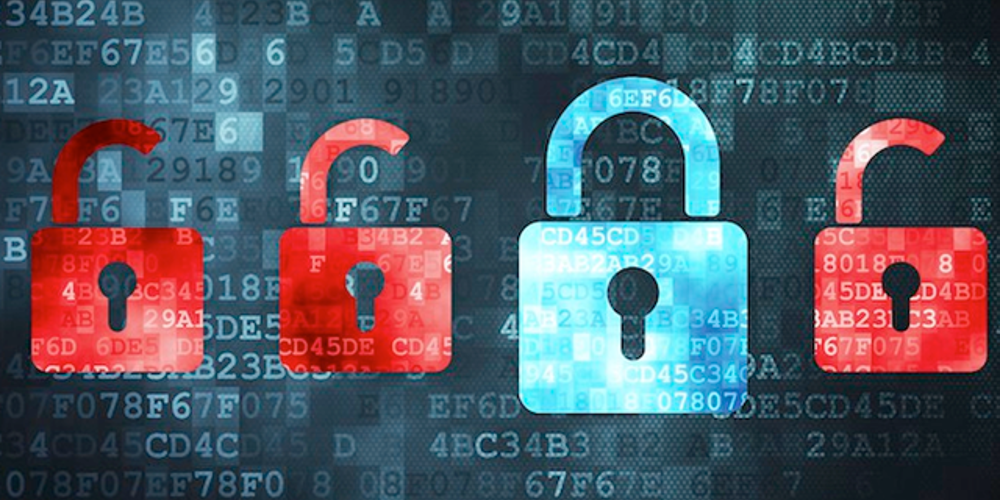Harmonizing Open Source Security: Europe's New Cyber Frontier
- Apr 03, 2024
- 453

In an unprecedented move, seven leading open-source foundations are joining forces to align with Europe's newly adopted Cyber Resilience Act (CRA). This collaboration signifies a pivotal moment in the digital era, marrying the innovative spirit of open-source software with the stringent demands of cybersecurity legislation. As the European Parliament ushers in this new law aimed at fortifying the security of software and hardware products, the open-source community prepares to navigate its implications together.
The Cyber Resilience Act, which targets the entire spectrum of internet-connected products, mandates continuous updates and patches to shield against cyber vulnerabilities. With penalties for noncompliance soaring up to €15 million or 2.5% of a company's global turnover, the stakes are undeniably high. This legislation, while initially met with skepticism from the open-source sector due to fears of stifling innovation and imposing undue liability on developers, has undergone revisions to better accommodate the unique dynamics of open-source projects.
Central to the Act's revisions is the recognition of "open source stewards," such as not-for-profit foundations, acknowledging their crucial role in the software supply chain. This acknowledgment by the European legislature is a landmark moment, as it affords a legal framework that appreciates the contributions of open-source communities to the digital ecosystem. By delineating a clear category for these stewards, the CRA paves the way for a more structured engagement with open-source entities, ensuring they are not unfairly burdened by the legislation.
The collaboration among the Apache Software Foundation, Blender Foundation, Eclipse Foundation, OpenSSL Software Foundation, PHP Foundation, Python Software Foundation, and Rust Foundation is a testament to the open-source community's commitment to security. By pooling resources and standardizing security practices, these organizations aim to foster a more resilient software supply chain. This collective effort will not only aid in complying with the CRA but also set a precedent for how open-source projects can proactively address cybersecurity challenges.
As the CRA will not be fully enacted until 2027, these foundations have a critical window to refine and harmonize their security protocols. This period of preparation is crucial for ensuring that open-source software continues to thrive under the new regulatory landscape, safeguarding the innovation that has become synonymous with the open-source community. Through this collaborative endeavor, the open source world is not just responding to legislative demands but is also taking a proactive stance in shaping the future of cybersecurity.